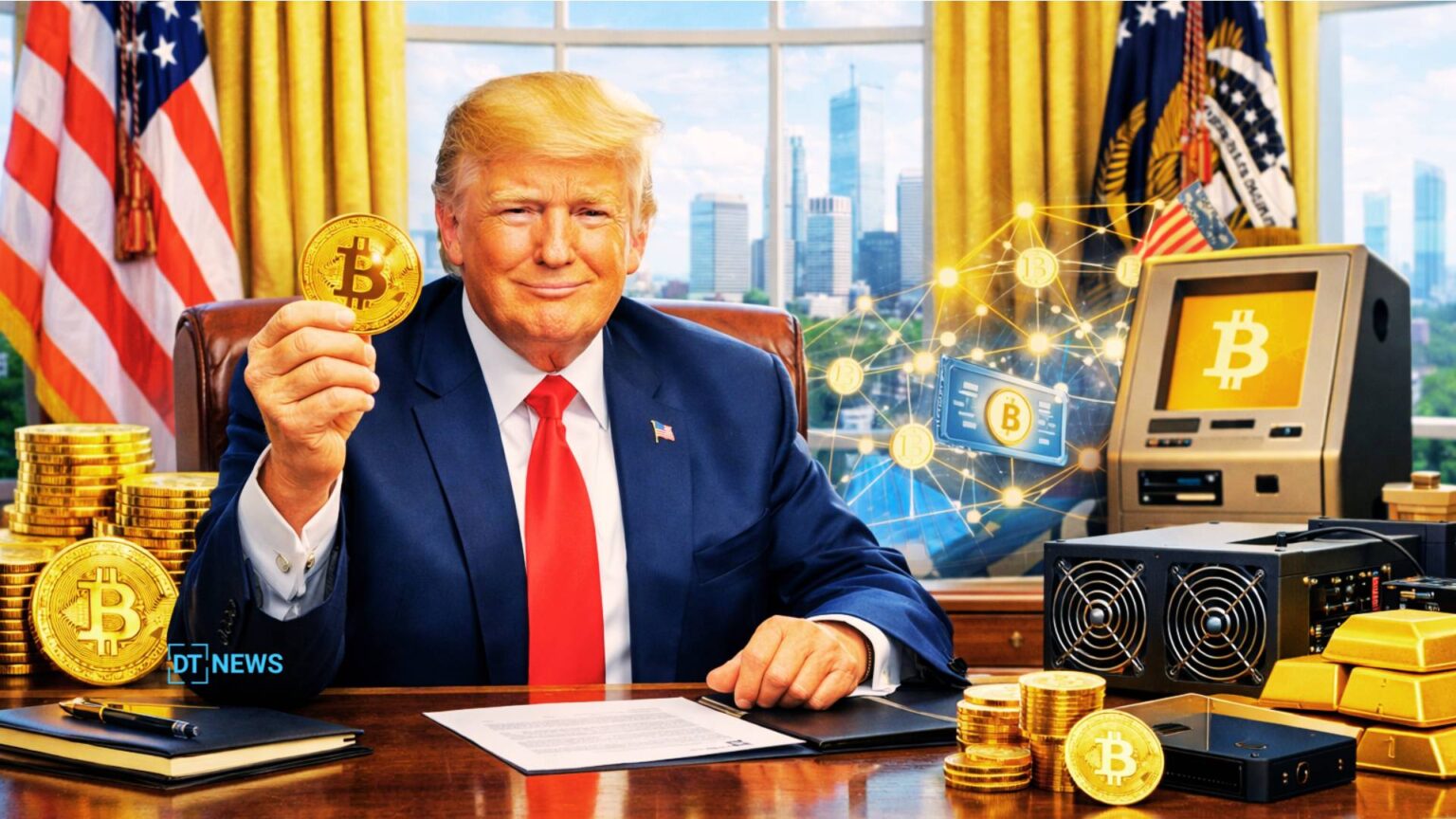Ripple and t54 Labs Target Regulated AI Payments in $5M Seed Funding Round
This article was first published on Deythere. San Francisco startup t54 Labs…
NEAR Liquidity Sweep Clears $1.26 as Traders Reprice the $1.35 Route
This article was first published on Deythere. Near Protocol’s token moved on…
Filecoin Price Analysis: FIL Surges 13% to $1.05 on $314M Trading Spike
Filecoin price analysis shows a strong recovery as market conditions begin to…
How Ethereum Strawmap Roadmap Separates Block Speed and Finality
Ethereum Strawmap roadmap lays out a four-year technical direction that explains how…
Stablecoins Growth Hits $226B as Banks Face Payment Shift
This article was first published on Deythere. Stablecoins growth is quietly reshaping the…
Bitcoin Eyes $71K as Texas Mining Expansion Fuels 2026 Outlook
This article was first published on Deythere. As BTC clings to key…
How Cardano Whales Shape ADA Price Action: Levels, Liquidity, and Risk
When traders talk about price “action,” they often focus on candles and…
Ethereum vs Bitcoin: ETH Records 9.1M Contracts but Still Trails BTC by 1.5x
Ethereum vs Bitcoin frames the latest market discussion as Ethereum’s deep on-chain…
Brazil’s BBRL Stablecoin Launches on Polygon in Institutional Push
This article was first published on Deythere. The BBRL stablecoin has entered a…
Bitcoin Rebounds Above $65K as Dollar Weakens and Risk Assets Rally
This article was first published on Deythere. Bitcoin has experienced a rebound…








































